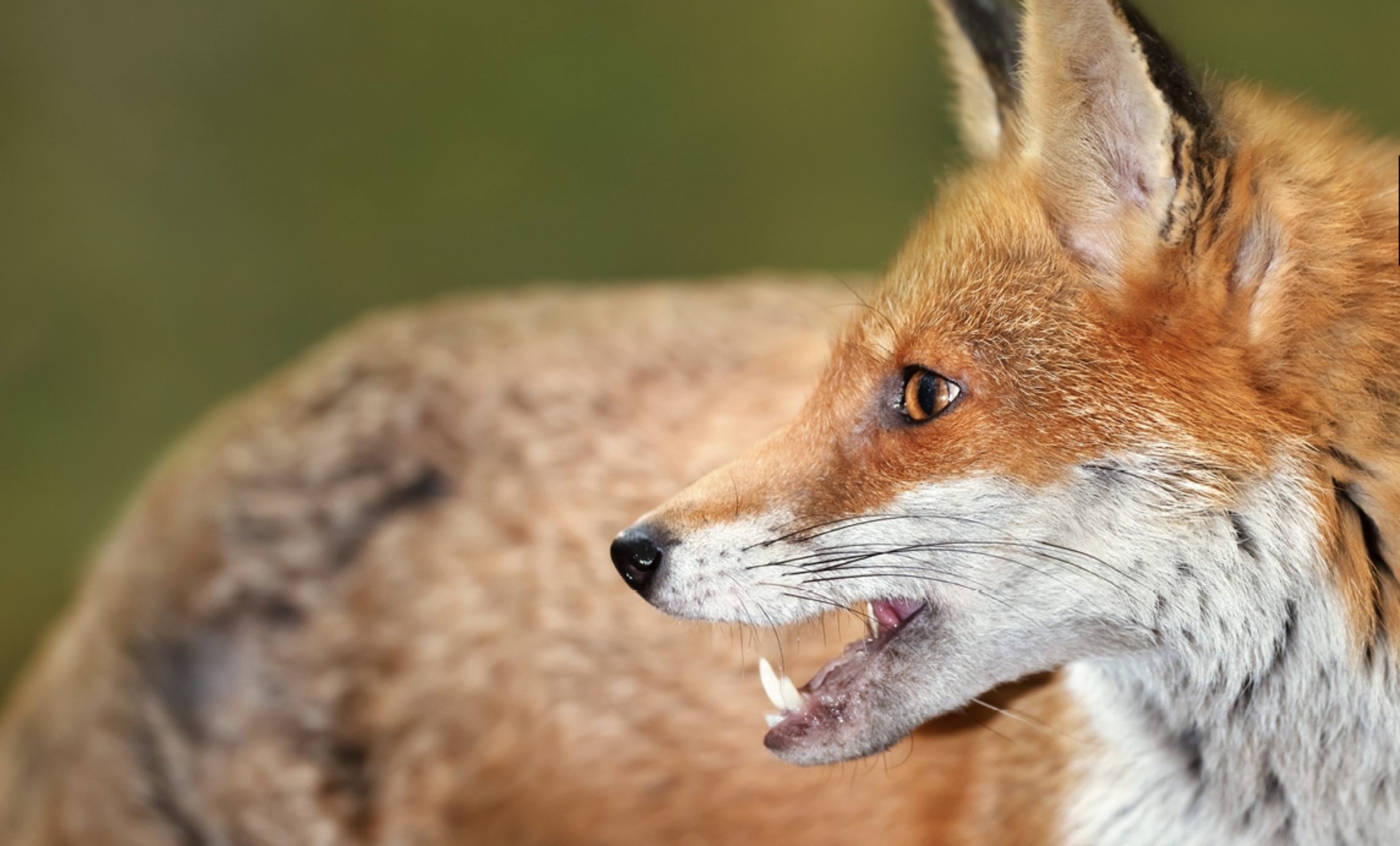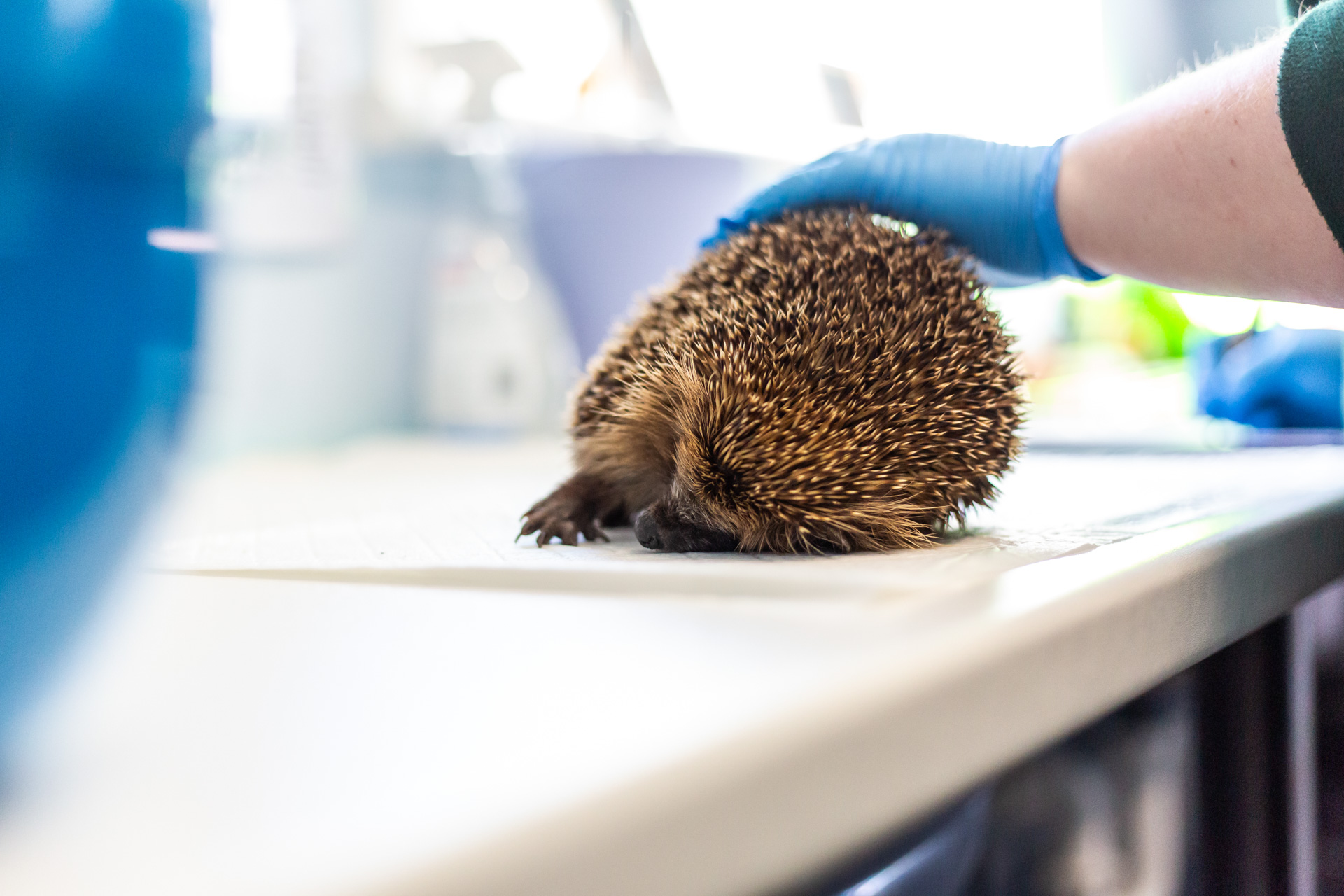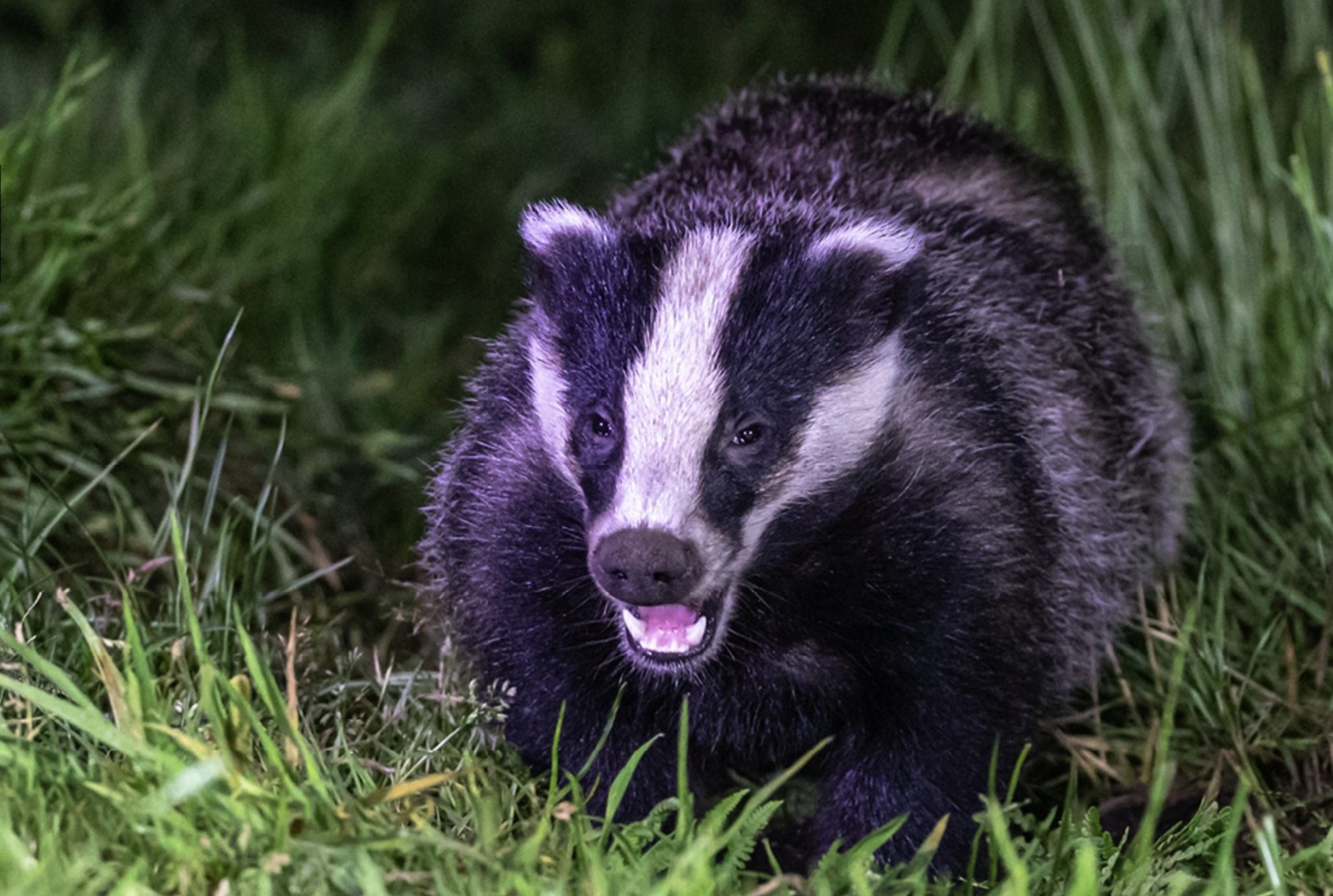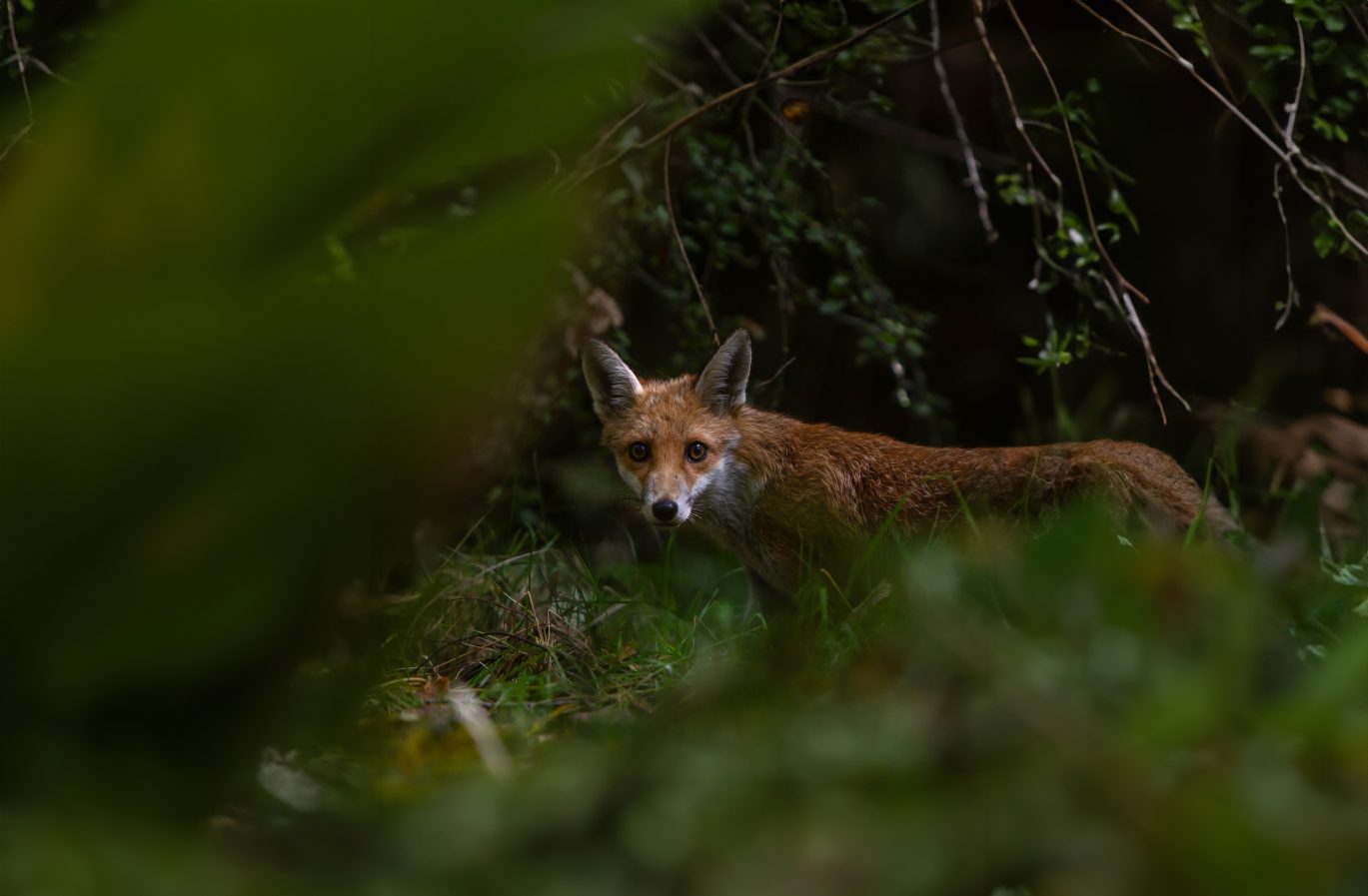
What Do Foxes Eat?
Everything you need to know about what these clever creatures eat.
Foxes are fantastic animals who live in both rural and urban areas. With their conditions constantly changing, they are some of the most resilient creatures in the wild, adapting both their diet and habitat.
What do foxes like to eat?
Most foxes live in rural areas such as woodland, farmland and wetland habitats. However, over the last few decades, they have made their way into urban areas. Both rural and urban species eat similarly – they are expert hunters and opportunistic feeders.
Foxes are omnivores with a diverse diet, meaning they eat both meat and vegetables. Meat is the primary component of their diet, consisting of small mammals such as mice, voles and rats – all a rich source of protein. They also eat small ground-nesting birds, as well as insects and worms. Rabbits, frogs and carrion are other options on offer to these adaptable animals.
Fruit and vegetables come second in their diet. They mainly snack on berries, especially during autumn when they’re abundant, but they will also eat grains and vegetables when there is nothing else on offer.
Foxes play a crucial role in their ecosystems. As predators they control the population of rodents and small animals, and their consumption of fruit and berries aids in seed dispersal, keeping their habitats healthy.
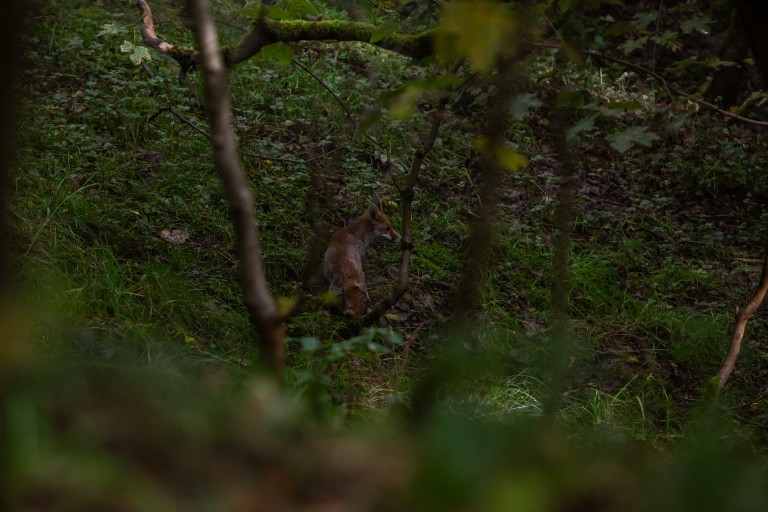
What do urban foxes eat?
Urban foxes have similar tastes to their rural counterparts, feeding on small rodents and fruit; however, these are not always available to foxes living in built-up areas. Instead of foraging in woodland, they will scavenge for food waste in dustbins and will also eat pet food left outdoors. Earthworms make up a significant portion of their diet as well as rats and pigeons.
Do foxes still find food in bad weather?
During the spring and summer months food is plentiful for foxes, with many fruits coming into season and lots of small mammals scurrying about. However, in winter food is scarcer, just as it is for many animals. During this season foxes rely more on scavenging, and feed on carrion. Foraging insects or earthworms is more difficult in colder weather conditions as the earth is harder.
Should I feed foxes?
We strongly advise against feeding your neighbourhood fox. Mainly, this is because interacting with them can cause them harm in the long run. By taming a fox, you are dulling their natural foraging and survival capabilities. A garden fed, or tame fox loses its ability to adapt in the wild and becomes overconfident around humans.
As well as this, they are carriers of several health conditions that can be harmful to both you and your pets such as Mange, a skin disease caused by mites, and Toxoplasmosis, a parasitic infection.
It’s best to admire these wonderful scavengers from afar and resist interfering with their natural behaviours.
Understanding what foxes eat is vital — protecting them is up to us all
We hope this article has helped you discover more about these fantastic animals and what they like to feed on.
Please consider giving a one-off donation today to help us continue our support and protection of Scottish wildlife.

Puppies across Scotland need your help
Please consider giving a monthly donation today. Give Scotland’s animals the gift of safety this winter and beyond. The criminals involved in the low-welfare puppy trade never stop. And with your help, neither will we. Every £1 matters to puppies like Winnie.
